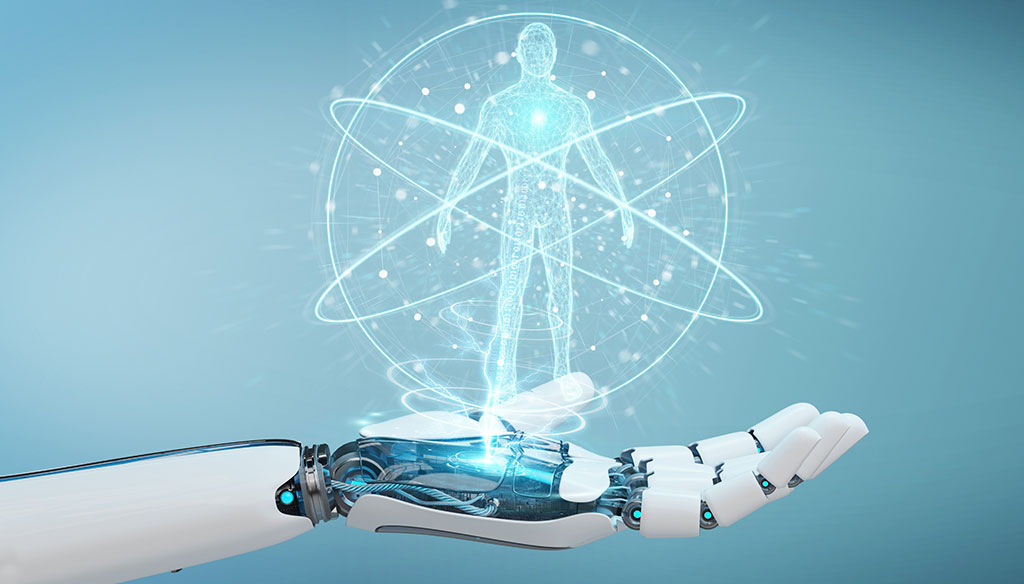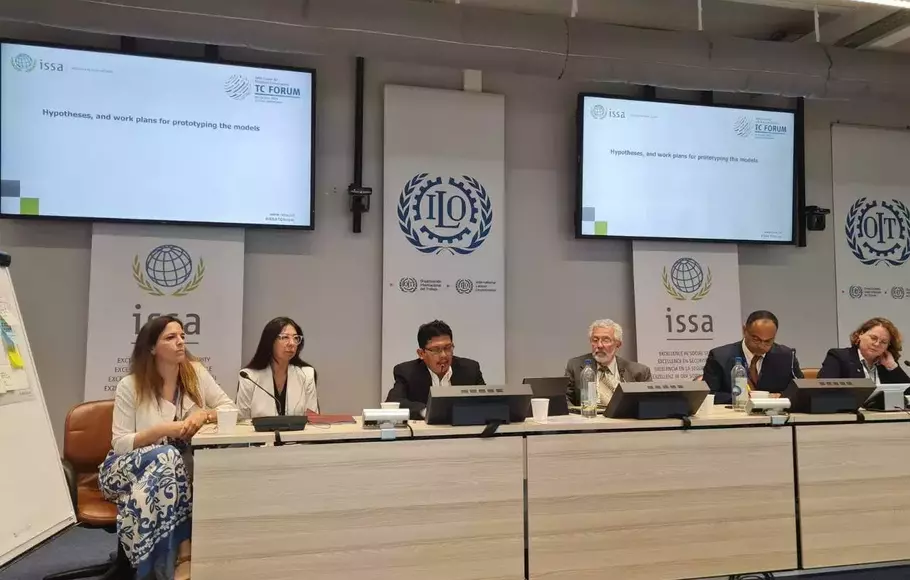 The sector that is perhaps the most critical candidate for digital transformation is the healthcare sector – the US healthcare system wastes approximately $1 trillion a year and most of it is due to administrative complexity leading to a wastage in medical supplies and equipment. The sector is slowly jumping on the bandwagon of digital transformation in an attempt to improve healthcare provision and increase the efficacy of processes.
The sector that is perhaps the most critical candidate for digital transformation is the healthcare sector – the US healthcare system wastes approximately $1 trillion a year and most of it is due to administrative complexity leading to a wastage in medical supplies and equipment. The sector is slowly jumping on the bandwagon of digital transformation in an attempt to improve healthcare provision and increase the efficacy of processes.
 The integration of artificial intelligence (AI) into healthcare offers great potential for advancing medical research, improving patient outcomes, and optimizing healthcare delivery. However, this integration also presents significant ethical, legal, and privacy challenges. The World Health Organization (WHO) has recently issued three guiding documents addressing the challenges of AI use for health. This contribution seeks to provide an overview of these guidelines, focusing on aspects of data protection and privacy in general.
The integration of artificial intelligence (AI) into healthcare offers great potential for advancing medical research, improving patient outcomes, and optimizing healthcare delivery. However, this integration also presents significant ethical, legal, and privacy challenges. The World Health Organization (WHO) has recently issued three guiding documents addressing the challenges of AI use for health. This contribution seeks to provide an overview of these guidelines, focusing on aspects of data protection and privacy in general.
 Geneva (24/06/2024) – Direktur Utama BPJS Kesehatan, Ghufron Mukti, menegaskan pentingnya kolaborasi dengan seluruh anggota International Social Security Association (ISSA) untuk mendorong inovasi di bidang kesehatan. Inovasi ini, menurut Ghufron, dapat berdampak besar terhadap sistem jaminan kesehatan yang dijalankan.
Geneva (24/06/2024) – Direktur Utama BPJS Kesehatan, Ghufron Mukti, menegaskan pentingnya kolaborasi dengan seluruh anggota International Social Security Association (ISSA) untuk mendorong inovasi di bidang kesehatan. Inovasi ini, menurut Ghufron, dapat berdampak besar terhadap sistem jaminan kesehatan yang dijalankan.
 Kehadiran stetoskop di dunia telah ada selama hampir 200 tahun dan masih dikalungkan di leher setiap dokter atau dimasukkan ke dalam saku jas lab. Fungsi stetoskop yang penting adalah penilaian terhadap suara detak jantung, apakah normal atau tidak.
Kehadiran stetoskop di dunia telah ada selama hampir 200 tahun dan masih dikalungkan di leher setiap dokter atau dimasukkan ke dalam saku jas lab. Fungsi stetoskop yang penting adalah penilaian terhadap suara detak jantung, apakah normal atau tidak.
Dokter dapat mengetahui irama jantung yang tidak teratur melalui stetoskop. Pemeriksaan awal dengan menggunakan stetoskop tanpa segala fitur tambahan sangat berguna untuk mengetahui dengan cepat, apakah orang tersebut sakit dan membutuhkan perawatan darurat untuk menyelamatkan nyawanya.












